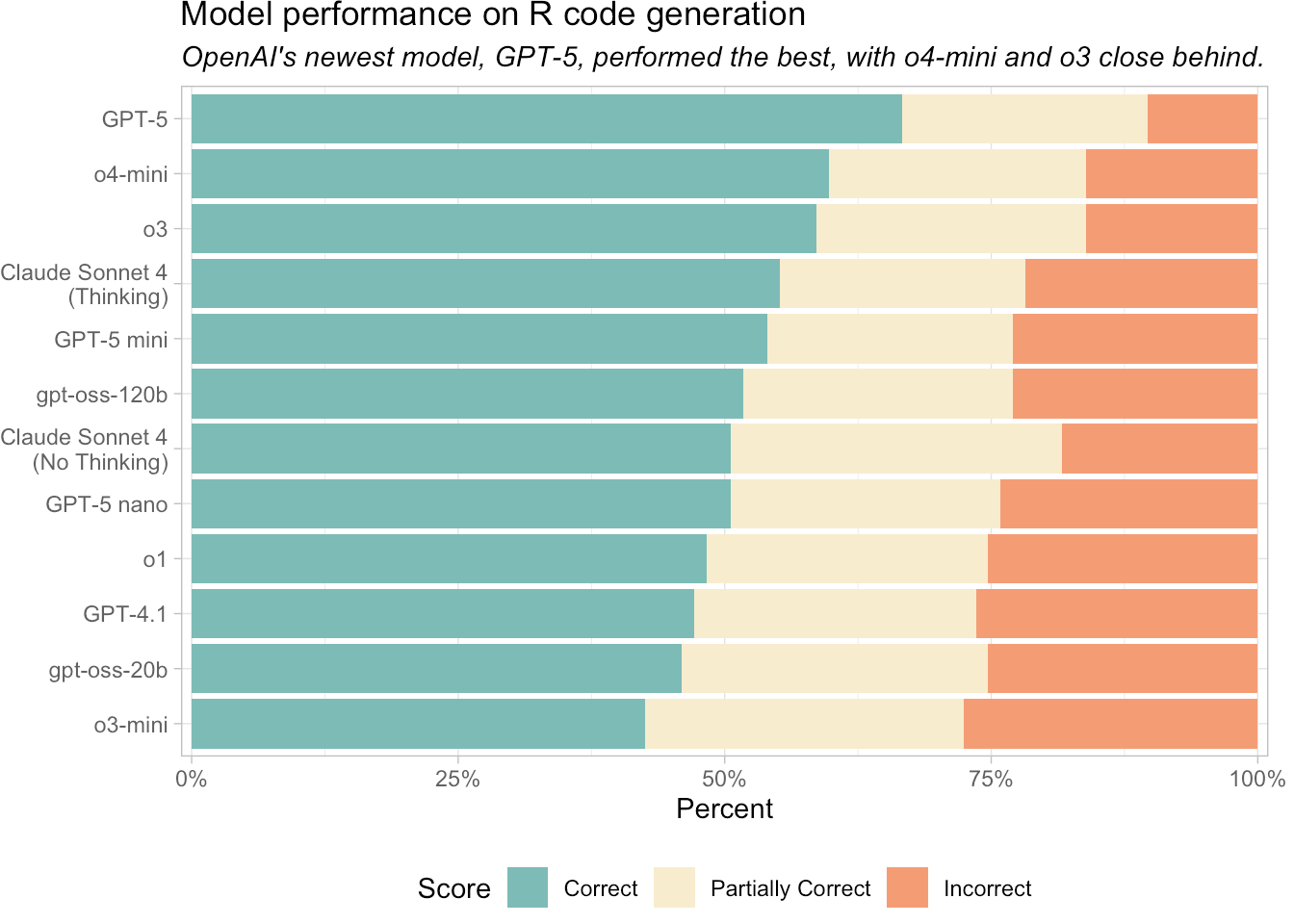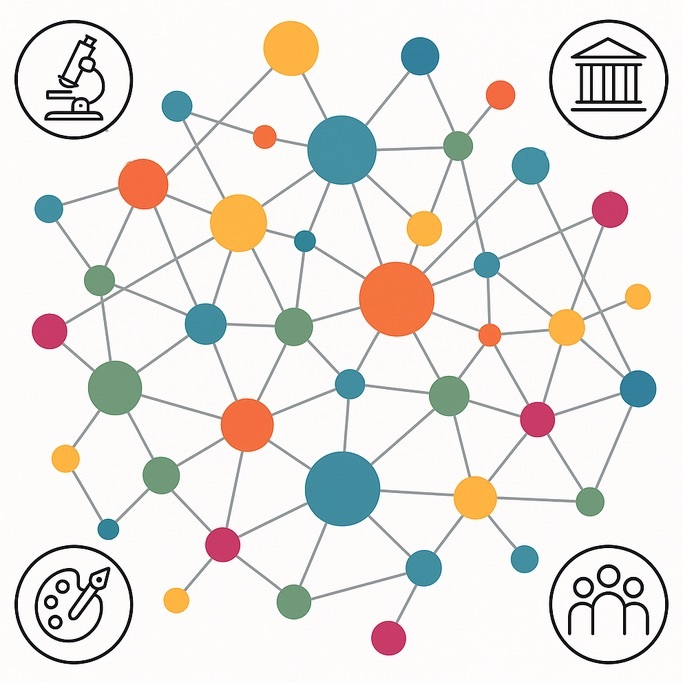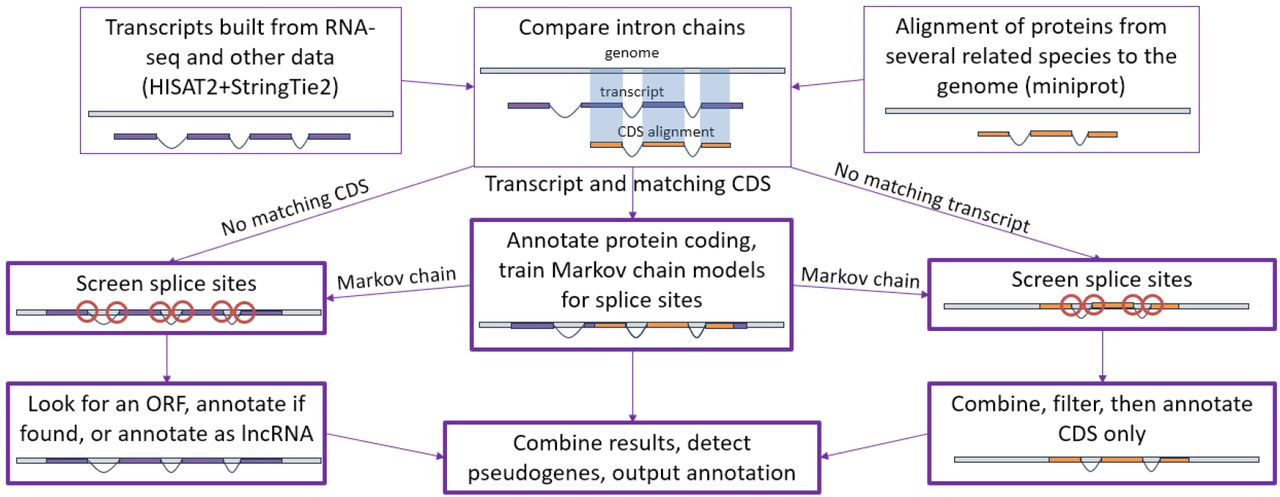Discover the Open Publishing Series — three online courses from SFU’s MPub program, launching Sept 2025. Get a sneak peek at what you’ll learn. Last month we announced the launch of the Open Publishing Series, a collection of three online courses developed in collaboration with the Master of Publishing (MPub) program at Simon Fraser University […] The post Sneak peek at PKP’s new open publishing courses appeared first on Public Knowledge Project.
Messages de Rogue Scholar
The Bioregistry is a database and toolchain for standardization of prefixes, CURIEs, and URIs that appear in linked (open) data. While I created it in 2019 as a component of PyOBO in order to support parsing database cross-references appearing in biomedical ontologies, it has since become an independent project with a community-driven governance model and much broader applications. This post is a first attempt to quantify its usage and impact.

Best AI for R, the weight of a cell, R+MCP, AI is a mass delusion event, AI hiring freezes, Quarto+Positron, biology moonshots, Julia for R users, AI hallucination, nf-core advisories...
The Bioregistry is a community-driven registry of semantic spaces and their metadata. When I learned about BiomarkerKB at the International Society for Biocuration’s 18th Annual International Biocuration Conference, I was excited to curate new records (and prefixes) in the Bioregistry to cover BiomarkerKB’s semantic spaces on biomarkers.
Neu und Open Access: Jens Eder: Characters in Film and Other Media: Theory, Analysis, Interpretation
Kürzlich ist eine von Jens Eder (Filmuniversität Babelsberg KONRAD WOLF, Potsdam) verfasste Publikation im Open Access erschienen, die durch den Publikationsfonds des Landes Brandenburg gefördert wurde.
That's a wrap for the next decade with Aarhus 2025, where I presented our paper on "Steps towards an Ecology for the Internet". I was a little unsure about how to approach the presentation, largely because the ideas seem a little crazy if they'd been proposed even a year ago! Luckily my co-authors strengthened my spine with encouragement and gin, and the event was tremendous fun packed with useful insights.

I am pleased to share that our research group is a partner of the “Berlin – City of Open Knowledge for Academia, Administration, Civil Society & Culture” conference. The conference will take place on October 23, 2025, from 9:30 AM to 4:30 PM, as part of the international Open Access Week 2025. This event will bring together experts, practitioners, and engaged citizens to explore the future of open knowledge-sharing in Berlin.
Rodrigo Mop, DR © Oleo pastel en papel Ciudad de México, 2025 Sitio del autor Esta es una reproducción digital, con fines de divulgación, de una obra original proporcionada por su autor o propietario. Todos los derechos están reservados por el artista.

Genome annotation, viral genome clustering, metagenomic diagnostics, SV analysis on ONT reads, functional prediction, gene loss, DNA damage/repair, CRISPR metagenomics, LLM lit review, ...

We are so happy to announce the release of a new package, dcmdata. The goal of dcmdata is to provide easy access to data sets that can be used for demonstrating and testing diagnostic classification models (DCM; also called cognitive diagnostic models [CDMs]). You can install dcmdata from CRAN with: install.packages("dcmdata") This blog post will highlight the major features and plans for future development.
Note This is a version of the AI course policy I’m introducing this semester. 🚫 When in doubt: No. There is no aspect of this course for which it is recommended, appropriate, or acceptable to turn to a Large Language Model (more commonly called an AI) such as ChatGPT. This includes: Working on graded assignments, quizzes, or discussion prompts. As a supplement to the readings or course notes.